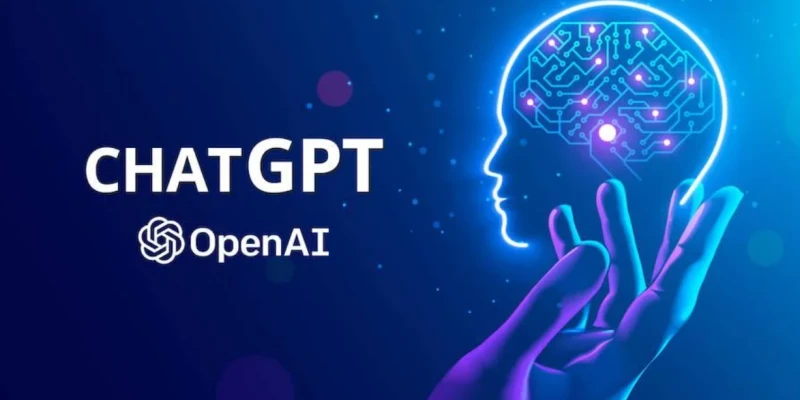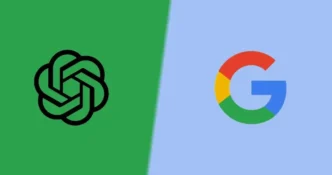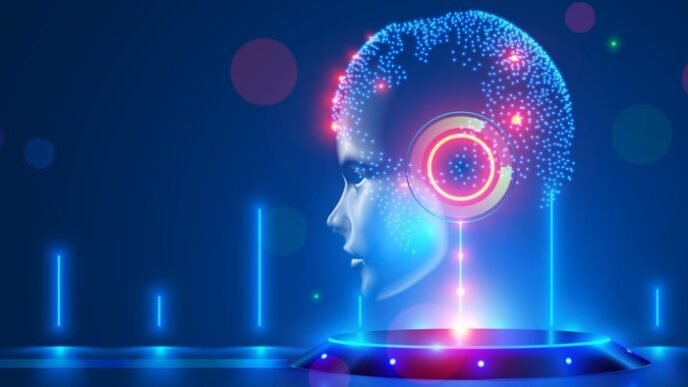OpenAI Enhances ChatGPT with Real-Time Web Search Capabilities
Snapshots:
• ChatGPT can now automatically search the web for up-to-date answers.
• The feature allows for rich, multimedia responses and cites reputable sources.
• Initially available to paying users, with plans to roll out to all users soon.
• OpenAI aims to make ChatGPT the most intelligent and personalized AI assistant.
• Partnerships with major news organizations enhance information accuracy.
In a significant leap forward for artificial intelligence, OpenAI has announced that ChatGPT can now search the web to provide real-time, up-to-date answers to user queries. This new feature transforms the chatbot from a static information source into a dynamic assistant capable of delivering rich, multimedia responses sourced directly from the internet.
“Our goal is to make ChatGPT the smartest assistant,” says Adam Fry, OpenAI’s product lead for search. “Now we’re really enhancing its capabilities in terms of what it has access to from the web.”
A Quantum Leap in AI Assistance
Until now, ChatGPT was primarily limited to generating answers based on its training data, which was current up to October 2023 for GPT-4. While it excelled at providing information on generalized topics, it struggled with real-time data like current events, stock market updates, or the latest sports scores.
With the new web search capability, ChatGPT can automatically fetch and deliver the most recent information, enhancing its utility and accuracy. For instance, if you ask about today’s weather, the chatbot can now provide the latest forecast rather than outdated information.
How It Works
• Automatic Web Searches: ChatGPT decides when a query requires up-to-date information and initiates a web search without user prompting.
• Manual Override: Users can also manually trigger a web search if they prefer.
• Rich Multimedia Responses: The chatbot can deliver answers that include images, videos, and links to reputable sources for further reading.
• Contextual Understanding: It leverages chat histories to provide highly contextualized responses, allowing for deeper and more personalized interactions.
Availability and Future Plans
The web search feature is currently available to paying users, with OpenAI planning to extend it to all users in the near future, even those who are not logged in. The company also intends to integrate this feature with its voice capabilities and Canvas, an interactive platform for coding and writing.
Partnerships with Reputable Sources
To enhance the accuracy and reliability of the information provided, OpenAI has partnered with major news organizations, including:
• Reuters
• The Atlantic
• Le Monde
• Financial Times
• Axel Springer
• Condé Nast
• Time
These partnerships ensure that ChatGPT accesses trustworthy information, reducing the risk of disseminating misinformation.
Competition in the AI Search Arena
OpenAI’s move positions ChatGPT as a formidable competitor in the AI-powered search assistant space, challenging offerings from tech giants and startups alike:
• Google: Its AI Overviews provide short summaries atop traditional search results.
• Microsoft: Integrated AI features in Bing aim to enhance search experiences.
• Perplexity: Offers an AI-powered search interface with natural language interactions.
• Meta: Reportedly developing its own AI search engine.
User Experience: A New Way to Search
Unlike traditional search engines that present a list of links, ChatGPT provides:
• Conversational Interactions: Users can engage in natural language conversations, making the search experience more intuitive.
• AI-Generated Summaries: Detailed answers synthesized from multiple sources.
• Citations: Links to original sources for users who wish to delve deeper.
Challenges and Considerations
Despite its advanced capabilities, the new feature isn’t without challenges:
• Accuracy Issues: AI language models are known for occasional inaccuracies or “hallucinations.”
• Misinformation Risks: There’s a possibility of incorrect information if the AI accesses unreliable sources.
• Economic Impact: The shift to AI-generated answers could disrupt the digital economy by reducing website traffic and ad revenue for content creators.
Benjamin Brooks, a fellow at Harvard University’s Berkman Klein Center, warns: “By shielding the web behind an all-knowing chatbot, AI search could deprive creators of the visits and ‘eyeballs’ they need to survive.”
Expert Opinions
Suzan Verberne, a professor of natural-language processing at Leiden University, views the development positively but with caution:
• Advantages: Access to reputable sources enhances answer quality.
• Limitations: The engine might still produce plausible but incorrect responses, especially when queried about unverified facts or events.
Chirag Shah, a professor at the University of Washington specializing in online search, notes:
• Market Impact: While AI search is significant for user engagement, it’s unlikely to dethrone Google’s 90% market share in online search.
• New Markets: OpenAI is potentially creating a new market for advanced AI agents capable of complex real-world actions.
The Road Ahead: Personalization and Memory
OpenAI plans to further enhance ChatGPT’s capabilities by allowing it to:
• Remember User Preferences: The AI will recall persistent facts like dietary restrictions or upcoming travel plans.
• Provide Personalized Results: Responses will be tailored based on individual user history and context.
• Long-Term Memory: Future updates aim to enable the AI to retain information across sessions, offering a more seamless and personalized experience.
Adam Fry elaborates: “Those might be persistent memories, like ‘I’m a vegetarian,’ or it might be contextual, like ‘I’m going to New York in the next few days.’ If you say ‘I’m going to New York in four days,’ it can remember that fact and the nuance of that point.”
Potential Risks and Ethical Considerations
• Misinformation: Ensuring that the AI does not spread false information is a significant concern.
• Economic Disruption: The reliance on AI-generated answers may impact content creators and the traditional ad-based revenue model of the internet.
• Privacy: As the AI collects more user data for personalization, safeguarding privacy becomes paramount.
Conclusion
OpenAI’s introduction of web search capabilities in ChatGPT marks a pivotal moment in the evolution of AI assistants. By bridging the gap between static knowledge and real-time information, ChatGPT moves closer to becoming an indispensable tool for users worldwide.
While challenges remain—ranging from accuracy to ethical considerations—the potential benefits are immense. Enhanced personalization, richer interactions, and more accurate information retrieval could redefine how we interact with AI and the internet at large.
As OpenAI continues to innovate, the line between human-like understanding and machine processing blurs, ushering in a new era of intelligent assistance. The future of AI-powered search is not just about finding information; it’s about delivering meaningful, context-rich experiences tailored to each user.
Stay tuned for more updates on AI advancements and how they are reshaping our digital landscape. If you haven’t tried ChatGPT’s new features yet, now is the perfect time to explore and experience the future of AI assistance.













